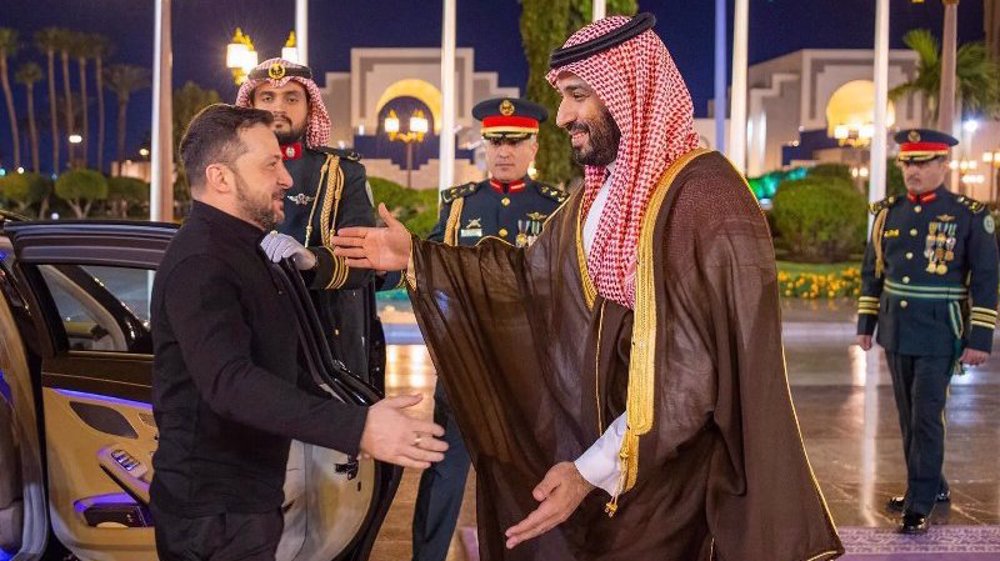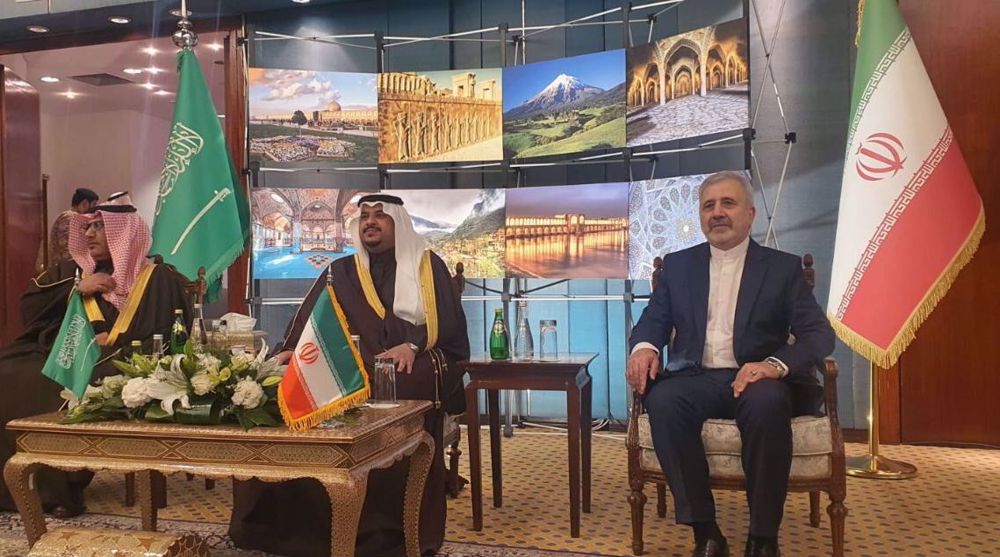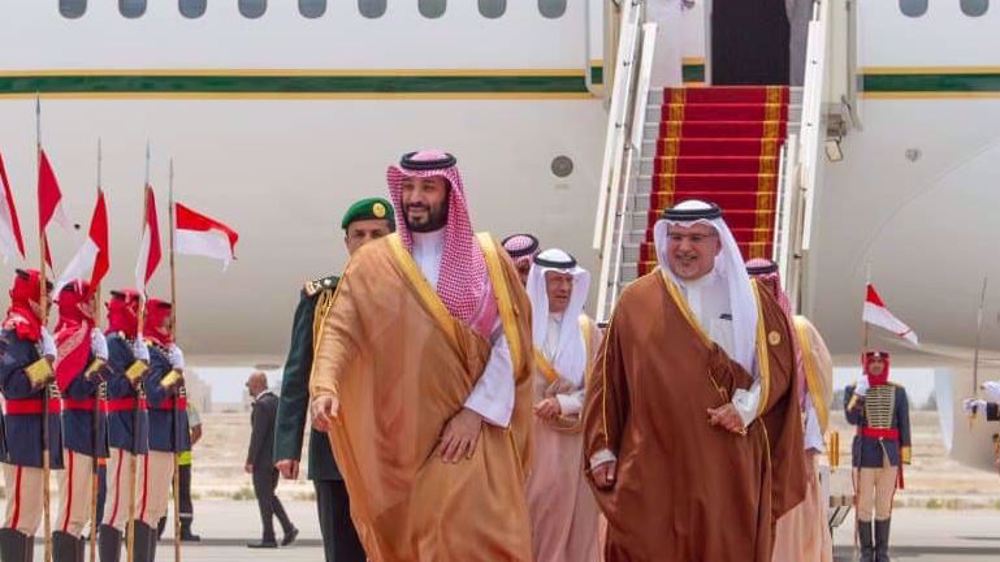Saudi crown prince bars princes from foreign travels: Paper
Saudi Crown Prince Mohammed bin Salman has banned dissident princes with questionable loyalties from travelling abroad and restricted their access to financial services, an Arabic media report says.
The London-based newspaper al-Quds al-Arabi, citing sources, reported on Thursday that the new measures restrict mobility to dissident princes, including the right to obtain a passport and travel abroad without certain guarantees or a special permission of bin Salman, the de facto ruler of the kingdom.
The Saudi princes, who previously enjoyed diplomatic privileges and were frequent travelers to Western countries, are now also barred from conducting foreign exchange transactions and cannot send or receive foreign currency remittances, it added.
“The number of Saudi princes who sold their precious properties abroad in the wake of travel restrictions and banking problems has increased. On the other hand, Saudi princes' stay at luxury European hotels in summer 2018 and 2019 as compared to previous years has declined,” the report said.
In recent years, dozens of princes, ministers and former ministers have been detained on the order of Saudi Arabia’s so-called Anti-Corruption Committee headed by the crown prince in a crackdown which is widely believed to be aimed at consolidating his power.
The detained individuals have faced allegations of money laundering, bribery, extorting officials and misappropriation of public funds for personal benefits.
In late 2017, Saudi authorities started negotiating settlements with individuals held over allegations of corruption at the Ritz-Carlton Hotel in Riyadh.
Prince al-Waleed bin Talal bin Abdulaziz, the chairman of investment firm Kingdom Holding Company, Nasser bin Aqeel al-Tayyar, the founder of Al Tayyar Travel Group, and Amr al-Dabbagh, the chairman of builder Red Sea International, were among the top business executives detained during the purge.
The settlements came at a time when Saudi King Salman planned to relinquish power in favor of his son who is pursuing a self-promotion campaign under the cover of tackling high-level corruption.
Pundits believe the targeting of Saudi Arabia’s long-standing elite represents a shift from family rule to a more authoritarian style of governance based on a single man.
Saudi’s ongoing deadly military campaign against neighboring Yemen and Jamal Khashoggi's murder, a columnist for The Washington Post and an outspoken critic of Saudi Arabia's ruling family, have shattered the dreams of bin Salman for building a modern and economically vibrant country.
Many also see Riyadh’s policies as a major cause of the crises unfolding in the region.
In a separate development on Thursday, bin Salman attempted to portray himself as not having been involved in the murder of Khashoggi, who is unequivocally believed to have been killed on bin Salman's order.
According to a PBS documentary to be broadcast next week, the 34-year-old Saudi crown prince, also known as MBS, has claimed that government agents — including one of his bodyguards — sent by private government jets to kill Khashoggi at the Saudi consulate in Istanbul in October last year acted on their own.
The Washington Post, for which Khashoggi was a columnist, reported in November last year that the CIA had concluded that bin Salman ordered the killing.

Zelensky in Saudi Arabia for support after clash with Trump in US

Tehran, Riyadh expanding, deepening mutual cooperation: Iran’s ambassador

Arab League condemns Netanyahu’s proposal to create Palestinian state in Saudi Arabia
VIDEO | Yemen shoots down another US drone
VIDEO | Israeli killers pursues Palestinians inside the 'Safe Zone'
VIDEO | Press TV's news headlines
Iran condemns Israeli attacks on Syria's civilian, military infrastructure
Israel targets ambulances, health center in Lebanon despite truce
Iran calls on Shanghai bloc to condemn Trump’s 'dangerous' threats
VIDEO | Iraq’s electricity shortage and US sanctions on Iran
Death toll from Myanmar quake rises to over 3,085










 This makes it easy to access the Press TV website
This makes it easy to access the Press TV website